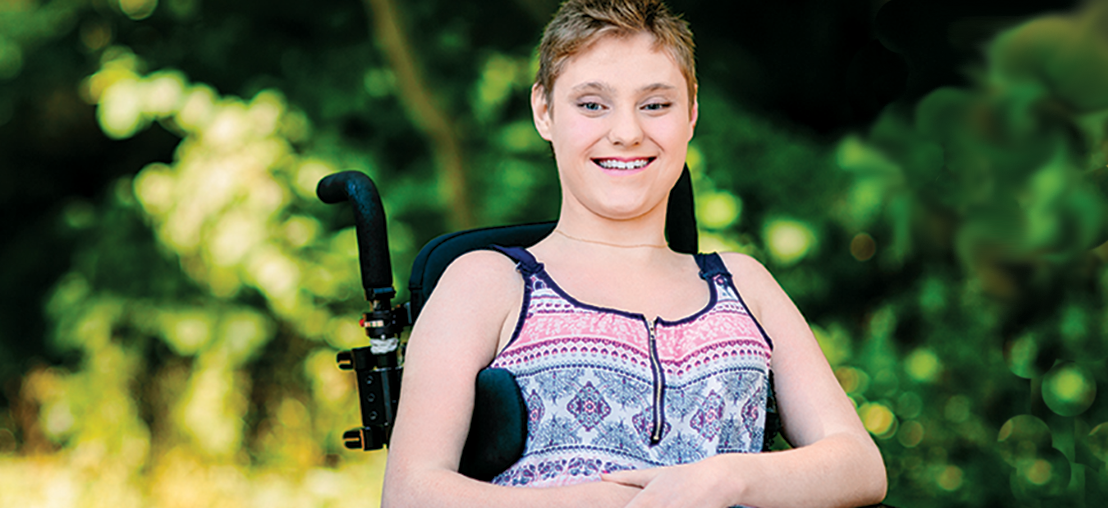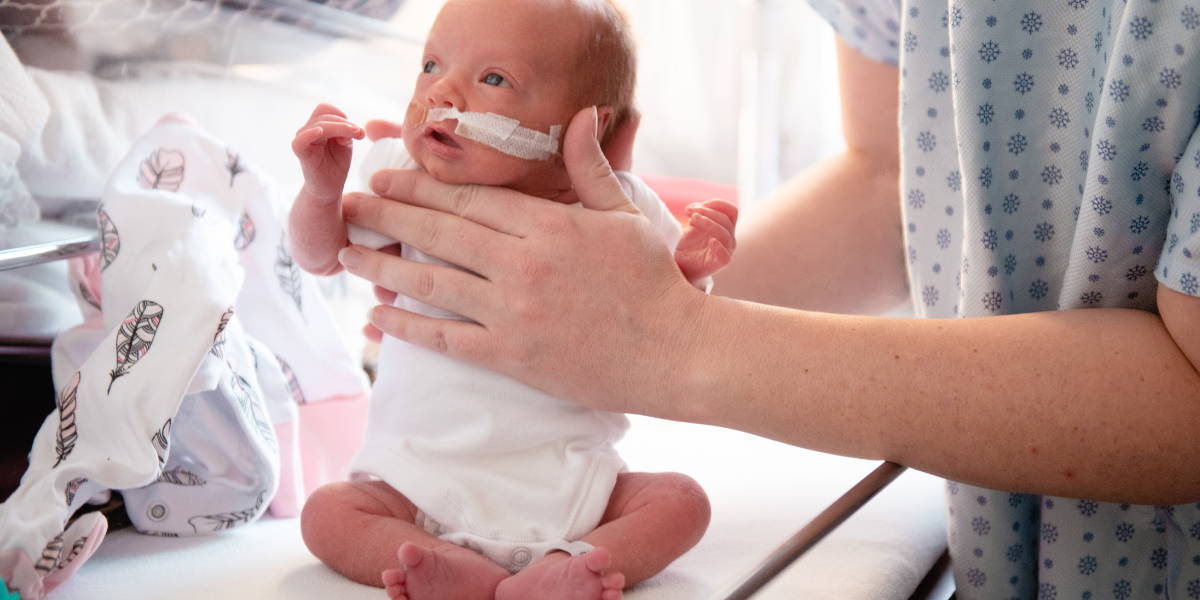
Born with spastic quadriplegia cerebral palsy, a condition marked by the inability to use the legs, arms and body, Kurstyn Froud has handled all sorts of health challenges. The complications of spinal surgery in 2013 proved especially difficult to deal with. The Cloverdale resident, now 20, spent two years at BC Children’s Hospital. For much of that time, she had to be fed through a tube.
Although things improved for Froud, her medical needs remain complex. As a person with disabilities, she has found one area often neglected by health professionals is her sexual health. That changed when she discovered BC Women’s Hospital’s Access Clinic.
Led jointly by a gynecologist, Dr. Nicole Todd, and a nurse practitioner, Natasha Prodan-Bhalla, the Access Clinic offers reproductive, gynecological and sexual healthcare to women aged 16 and older with physical or intellectual disabilities as well as transgender individuals. Complex contraception counselling, sexual health discussion, menstrual suppression, cervical cancer and STI screening are among the services it provides.
Froud initially went to the Access Clinic for help dealing with heavy periods. She found herself in a place that gave her the kind of comprehensive and compassionate care she needed. “I do most of my independent self-care, and I didn’t want to have to deal with heavy cycles,” says Froud, who had an IUD inserted. She also felt comfortable asking about sex and pregnancy there.
“For the first time, I had my questions answered,” she says. “People with disabilities have the same desires as any other individual. But I would never bring that up with other doctors because when I tried, they wouldn’t sit down and explain things to me about what would happen if I got pregnant.”
Prodan-Bhalla says it’s common for women with disabilities to have difficulty accessing reproductive health information. Many face barriers to screening as well; they often require a mechanical lift to get onto an exam bed for a Pap smear, for example. “For many women, their pelvic area hasn’t been examined for years,” Prodan-Bhalla says. “We uncover skin issues, vaginal discharge and chronic disorders that haven’t been detected…. When we talk about sexual health, a lot of women start to cry. They say, ‘You’re the first person who’s ever asked me about that.’”
Approximately 20 per cent of the women who come to the clinic have multiple sclerosis, and about 20 per cent have had a spinal cord injury. Other reasons women are seen include traumatic brain injury, morbid obesity, a previous sexual assault or difficulty with vaginal exams. Patients can make an appointment without a doctor’s referral.
For Froud, visiting the clinic was life-changing; she now knows that, although it would come with risks, pregnancy is possible. “Everyone at the clinic is extremely communicative and supportive,” she says.
-
Lauren’s Story
Through the loss of a pregnancy and the birth of a baby, the team at BC Women’s provided the emotional suppo...
Read more -
Making Strides For Women In Midlife
Women deserve care that is evidence-based and takes a lifespan approach. Women in midlife can experience a wid...
Read more -
Unlocking the future for babies with brain injuries in the BC Women’s NICU
For parents with a newborn in the Neonatal Intensive Care Unit (NICU), one of the hardest questions to face is...
Read more



